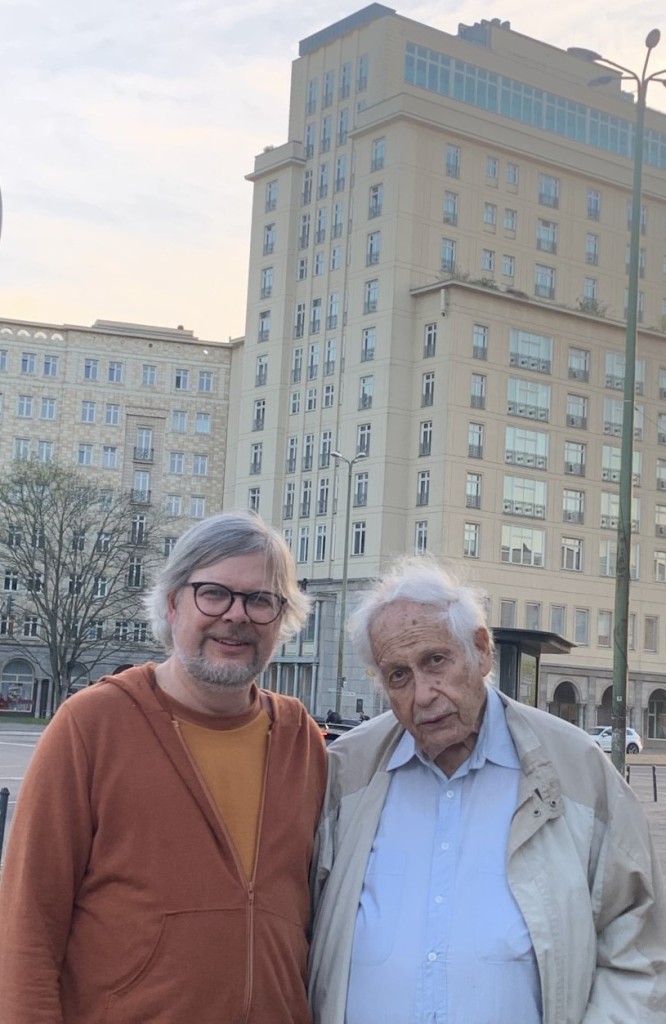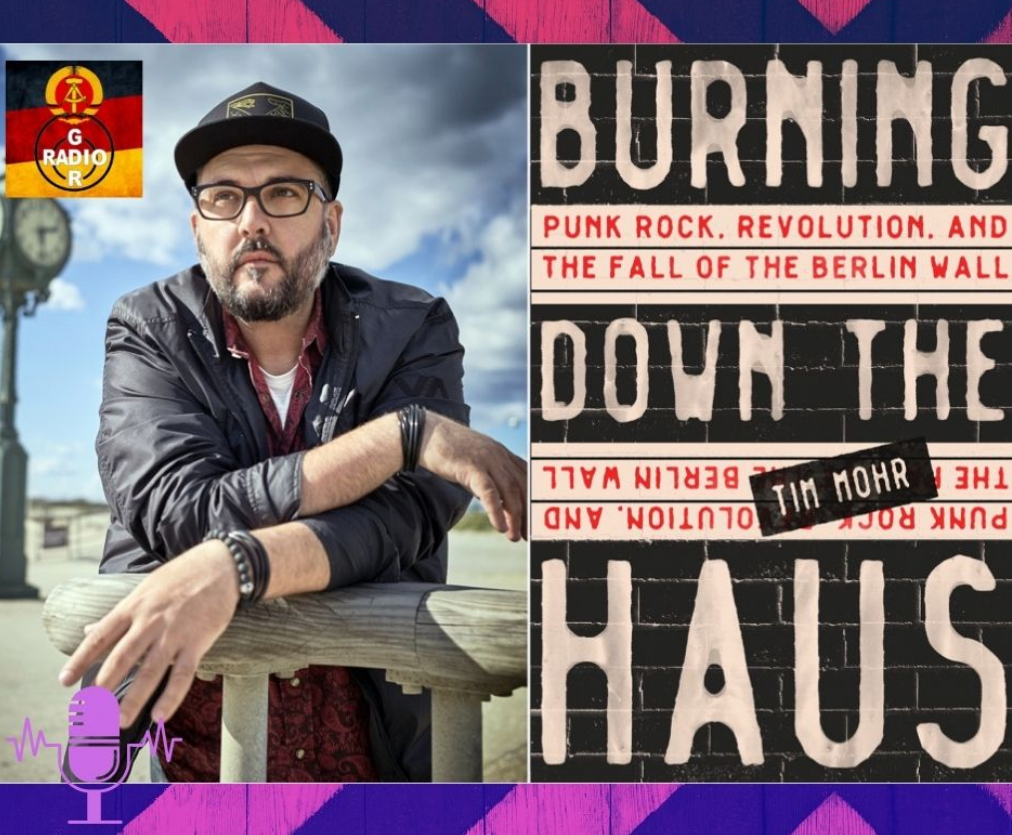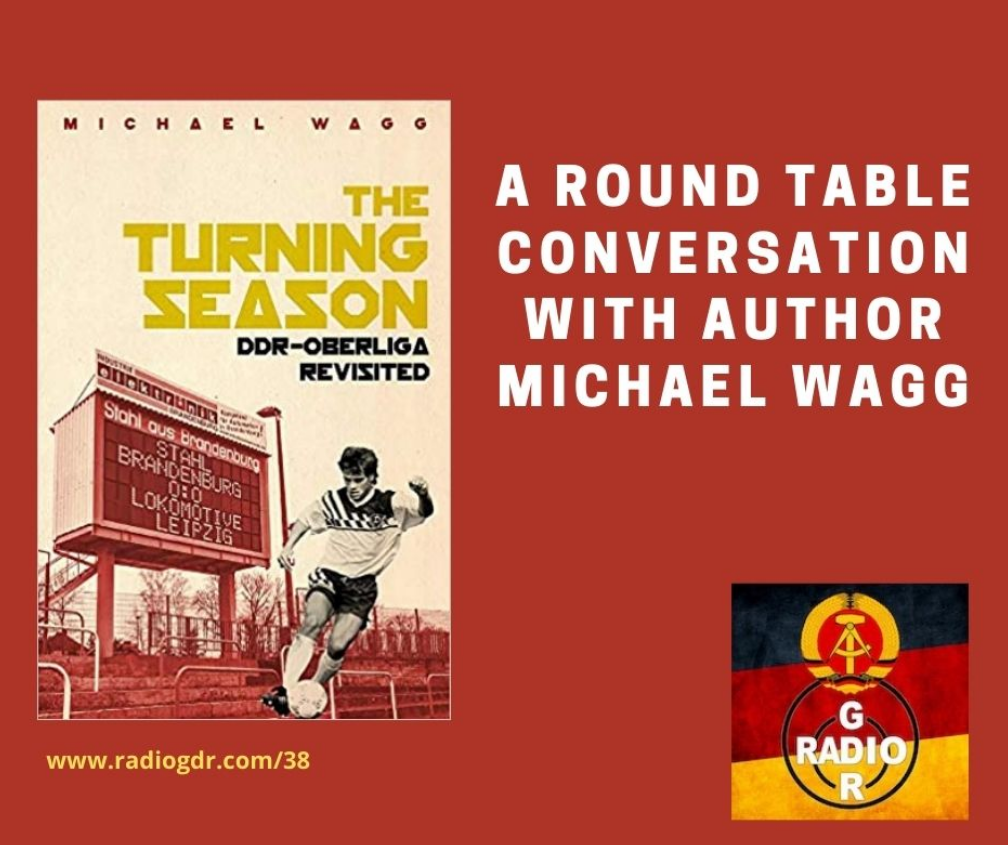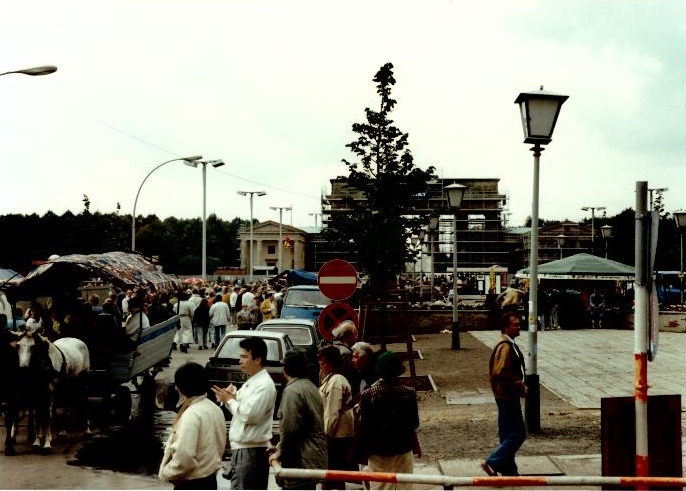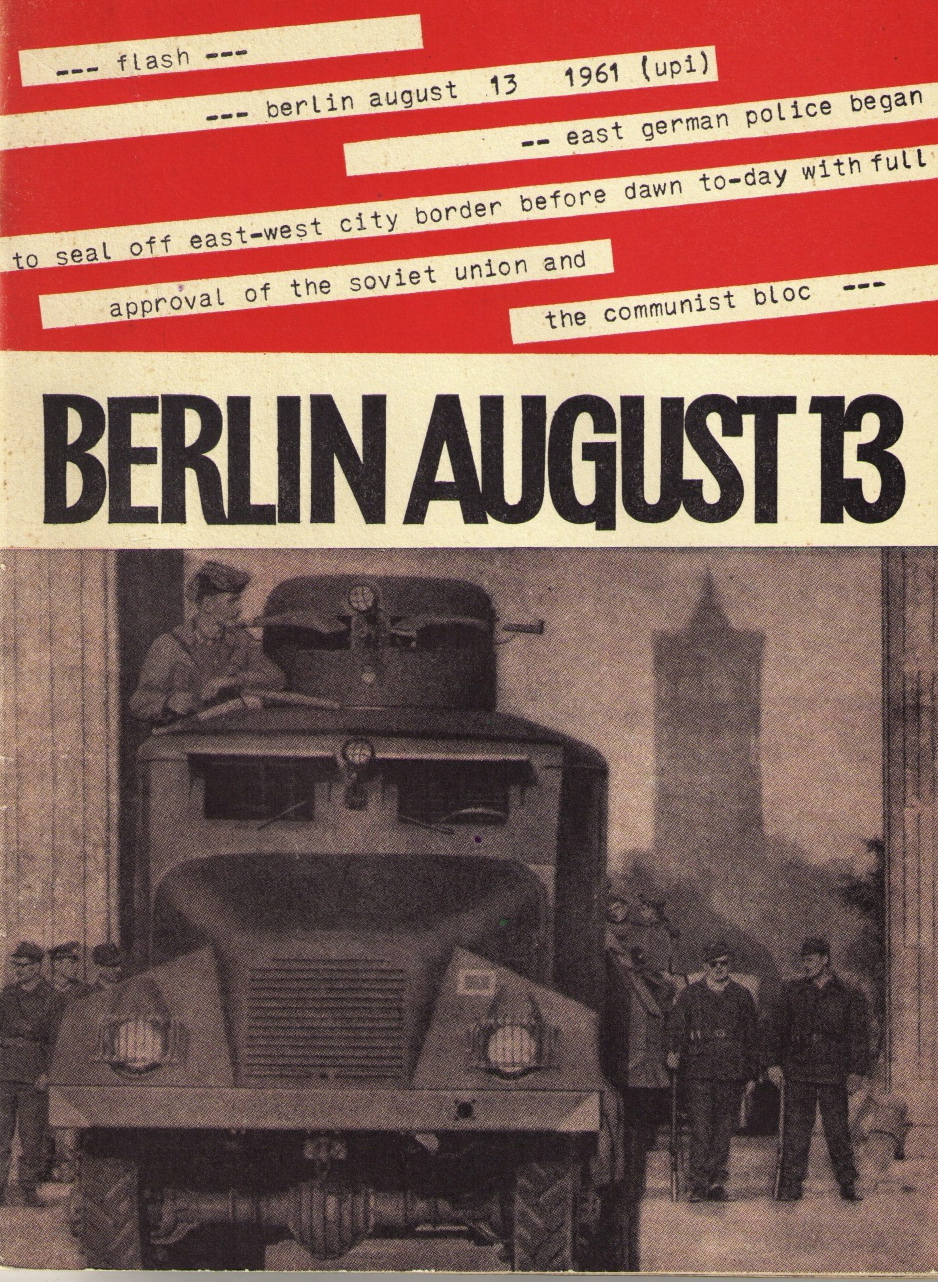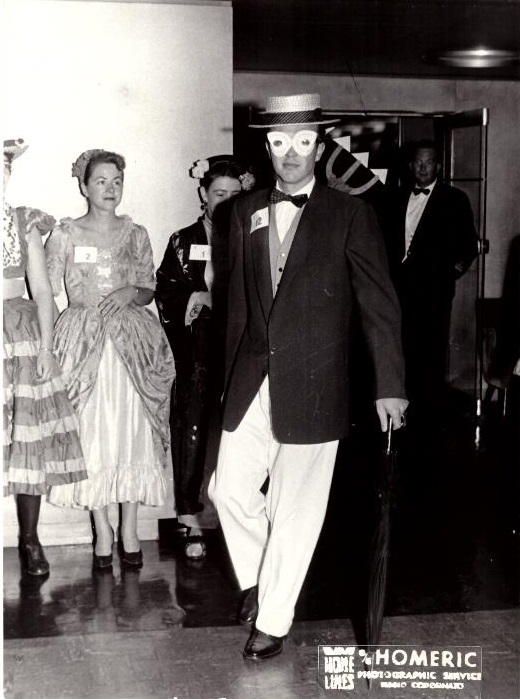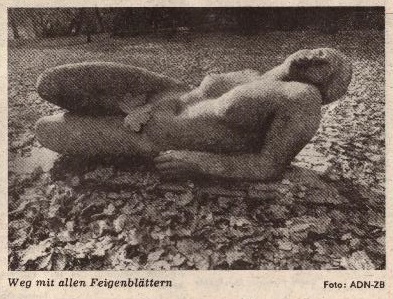Here it is, the much delayed, long-anticipated second part of my interview with Victor Grossman for the Radio GDR podcast.
Victor is an American Communist who defected to the East Bloc at the height of the “Red Scare” in 1952. Once on the other side of the Iron Curtain, he found himself in the GDR, a country that would be his home until it ceased to exist in 1990. While a strong supporter of “the socialist project”, Grossman is clear-eyed about the GDR, its achievements and shortcomings.
In our first chat, Victor explored the achievements of the GDR.
This time, he turned his attentions to the failings of ‘real-existing socialism’ and it made for a fascinating conversation. You can listen to this episode, click here.
Victor is a truly interesting man and if you want to learn more about him and his remarkable life, I can heartily recommend both his books: A Socialist Defector: From Harvard to Karl-Marx-Allee and Crossing The River: A Memoir of the American Left, the Cold War and Life in East Germany.

